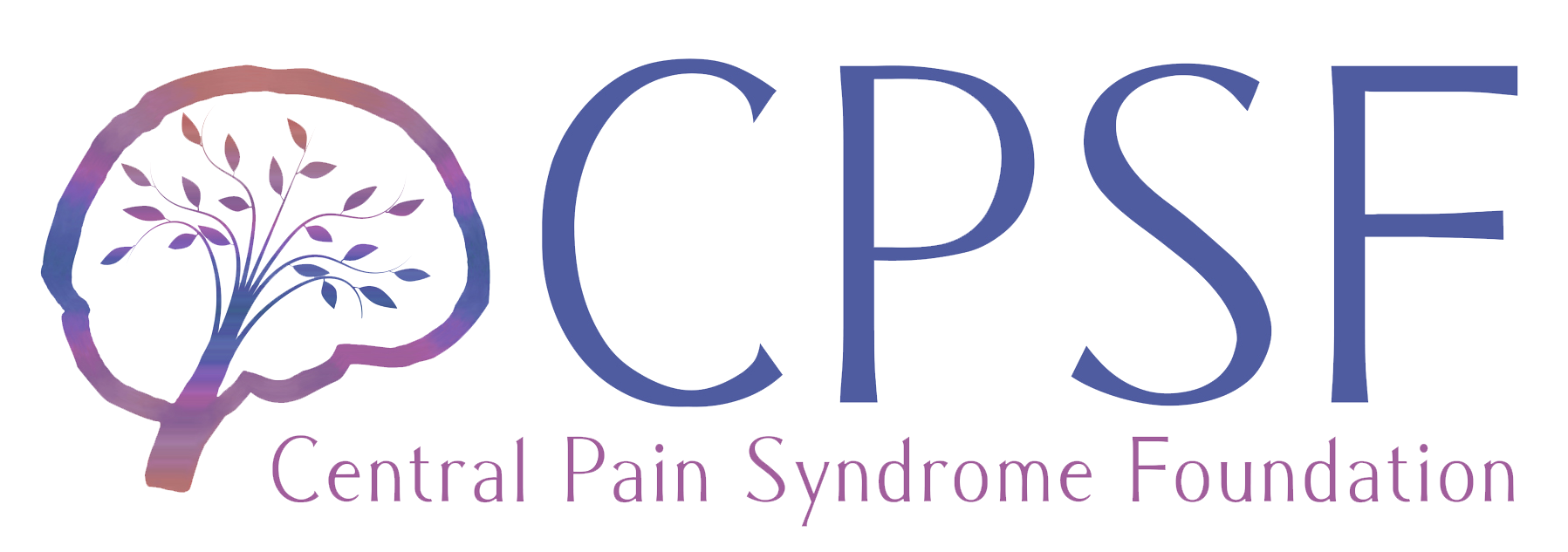Getting mindful in the stream of life
Highs and lows are inevitable. As are stressful event's that we don't see coming that can tip us off balance. As a recovered alcoholic I need to live my life with a specific set of principles, love patience and tolerance must be at the centre of my life. I cannot afford to harbour anger or resentment, they are metaphysical forces that have caused all sorts of havoc in the past. They were the cause of my mental health disorders and forced me to seek relief in the bottle. I eventually crossed the line into chronic alcoholism. Thankfully I recovered eight years ago and haven't touched a drop since.
Whilst in dialectical behavioural therapy for borderline personality disorder (over a decade ago) I first learned of mindfulness. Based around Buddhist teachings we were shown a way to meditate by redirecting negative thoughts and focusing on positive thoughts. It was good for a temporary distraction when overwhelmed with feelings I couldn't cope with. But distractions are just that. I found that as a long term practice I just got worse over time. The problem with redirecting thoughts is that it's a form of suppression. It's skating over the bigger problem that lies underneath. There was no resolve.
Image Credit: ©Kelsey Rein
I began to get interested in meditation as a way to deal with my mental health. It seemed that every avenue of help in the darkest times of my life led to meditation as a solution. The problem was that almost every meditation practice I found was based around eastern religions and philosophies. I have nothing against them but I am not a Buddhist and distraction techniques didn't work for me from experience. I had to find a practice that did more than just suppress my problems further. I needed a solid solution.
Under the surface I was full of resentment, fear and negative emotions. That was my real problem and I needed a real solution. Then one day by universal fate I met a man who understood that resentment and my inability to deal with stress was my problem. He then introduced me to non contemplative meditation.
It was a practice unlike anything else I had found. It was free, there were no guru's to follow or seminars to attend. It was a very personal affair to be practiced on my own. And rather than focusing on breathing or fantasising about sandy beaches it was a way to be still and become objective to my thoughts. To just notice them without judgement. To observe rising emotions and to step back and not struggle with the negativity in me.
I was to become a watcher rather than a thinker. In stillness - in the present moment. I would discover a way to build resilience to stress instead of being overwhelmed by negative thoughts and emotions. Light would overcome the dark in me.
Fast forward to CPS after the car accident and non contemplative meditation would once again become the most important tool in my box. Life has become more challenging than ever and the temptation to bite into frustration, resentment and fear are all too real. I still get overwhelmed from time to time, especially when experiencing flare ups but the difference is now I never stay down for long.
If you are new to meditation, or feel that your current practice isn't awarding you freedom from the negativity that CPS creates. I will leave the link here to non contemplative meditation. Just 15 minutes in the morning and 15 minutes at night is enough for this powerful awakening exercise to work. If you are willing to commit to this practice it really is life changing. Be sure not to mix other meditations with it, no meditation is a toy, and this is no different. It is a serious proposition.
https://schwarzhoffmedia.com/non-contemplative-meditation/
Questions or comments? Join the CPS patient conversation at our closed Facebook group or email us at info@cps.foundation

